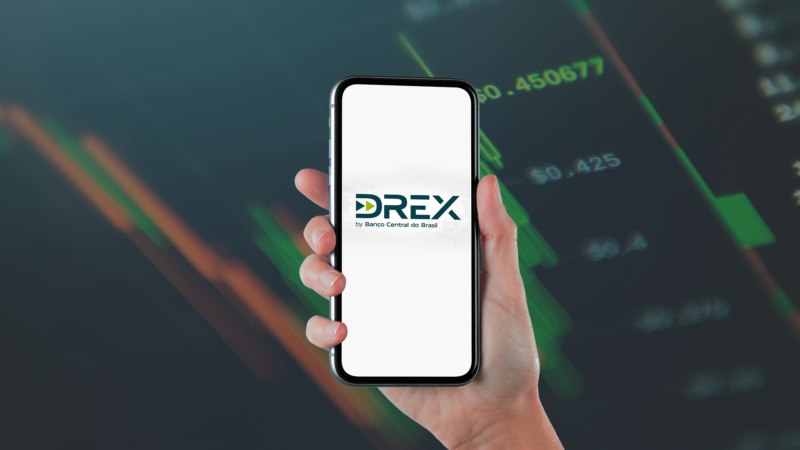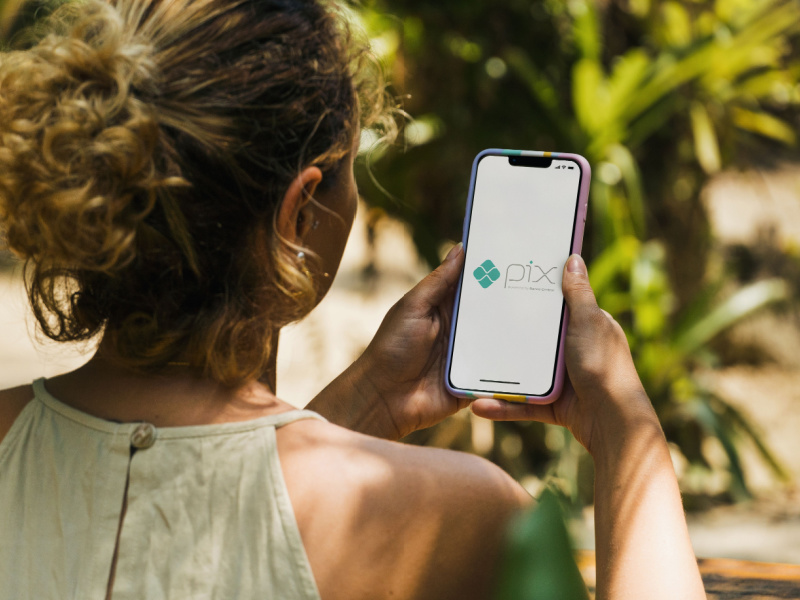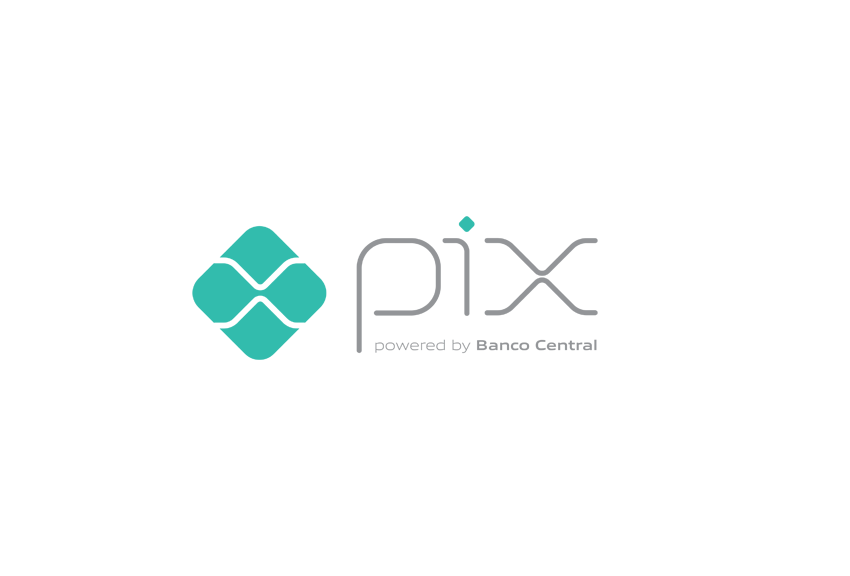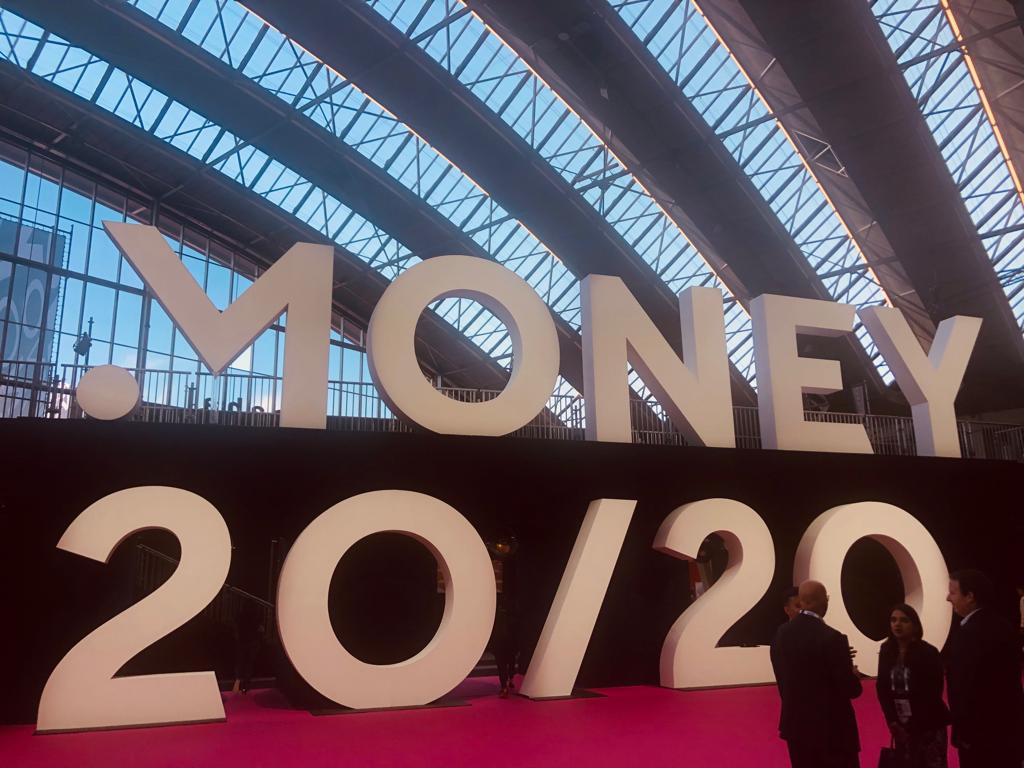New FX law: Central bank simplifies FX transactions
23/02/2023Learn more about the changes in foreign exchange regulations to simplify international remittances for individuals and companies.
The National Monetary Council (CMN) and the Central Bank of Brazil (BCB) approved, in 2021, a series of measures to simplify certain transactions, such as receiving and remitting international payments. The New FX Legal Framework came into force on December 31, 2022 to modernize the country’s foreign exchange market, reduce bureaucracy and facilitate transactions for both individuals and legal entities. Creating the legal equivalence of transactions made in the bank accounts in local currency of non-residents with those of residents in Brazil is one example of the changes made in the last year.
This article shows the main changes already in force.
New FX Legal Framework: what’s new?
According to BCB, these measures fall under the BCAgenda# and are aligned with the priority established by the G20 to improve costs, time, transparency and access. The initiatives also are linked to the Open Banking concept in implementation in Brazil.
Federal Law 14,286 of 2021 originated from the Draft Bill 5,387/2019. During 2022, the BCB received evaluations from the market about the details of the new law through three public consultations. See below the main changes in the New FX Legal Framework in 2022:
Contracting FX: institutions gain greater autonomy in formalization
To align FX with other transactions conducted in the financial system, the BCB now allows any financial institution authorized to operate to have greater autonomy in deciding on how to formalize FX contracts for its clients, provided that the basic requirements established in the regulations are respected.
Presenting guarantee documentation
In relation to guarantee documentation, which previously was required for transactions involving amounts of over US$3,000, with the new simplified standard every institution is responsible for defining which documents are necessary, as well as the risk policies adopted by them.
Revising the classification of FX transactions
One change also involved a broad review of how FX transactions involving amounts of up to US$50,000 are classified, with some exceptions, which included simplifying the codes describing the purpose of the transactions, which were reduced from 180 to 10. Under the new FX Law (Federal Law 14,286), the client is now responsible for informing the purpose of their FX transaction, indicating the classification for the financial institution. simplified classification codes.
Participation of fintechs in FX market
As of July 1, 2023, fintechs – which start the year allowed to operate as agents and to transact payments for goods and services of up to US$10,000 – may request from the BCB an increase in their FX operating limit to up to US$100,000.
Increased security for crypto market
The new rules also set out specific classifications for cryptocurrencies, such as Bitcoin and Ethereum, as well as games, betting and virtual assets, such as NFTs. This modernization is aligned with the country’s crypto market regulations.
Individuals: sale of foreign currency and higher limits for international travel
Individuals now have greater autonomy in managing their international currencies. The framework allows the negotiation of up to US$500 between individuals, provided that the sales of these resources are not made regularly and not related to professional activities. Until 2022, this practice was considered a crime, with only banks or currency exchanges legally permitted to trade foreign currency.
People traveling to or from Brazil are now allowed to board with up to US$10,000, instead of R$10,000, as before. The new law updates the amount set in the 1990s, when the U.S. dollar and Brazilian real rates were similar.
Rules that came into force in 2021
Also in 2021, the BCB started to make international remittances and receipts quicker, which will benefit both companies and individuals that need to send or receive funds from abroad.
International payments: payment accounts participate in FX settlement
The new regulation allows for payment accounts in Brazil and abroad to be directly linked to the settlement of FX transactions. Previously, only checking accounts in traditional banks in Brazil could settle exchange transactions in Brazilian real (sell and buy currency), and international remittances could only be made to the checking accounts of commercial banks abroad.
Prepaid accounts in domestic currency
People or entities residing/domiciled abroad may open prepaid accounts in payment institutions and other institutions authorized by the BCB. However, the BCB set out some limits, such as R$10,000 per transaction made locally.
Boleto: available for international services
The boleto is now a payment option for international services and not only for the acquisition of assets. The digital service sectors, such as streaming and SaaS, benefited from this new option, since they may reach more Brazilians, especially the unbanked.
Brazilian exchange market: what comes next
During 2023, Federal Law 14,286/21 will continue to be improved. According to the BCB, new regulations will be included, mainly those arising from Public Consultations 91 and 93, which are still pending disclosure.
Bexs is authorized by the BCB and has been operating in the FX market for over 30 years. We are aligned with and attentive to the changes in standards to make FX easier for our clients, providing the best end-to-end service. We also offer Foreign Exchange as a Service solutions via API. Come see how Bexs Banco can help your company connect to the world with greater agility and security.
Publicado em 25/11/2021
Atualizado em 23/02/2023


















